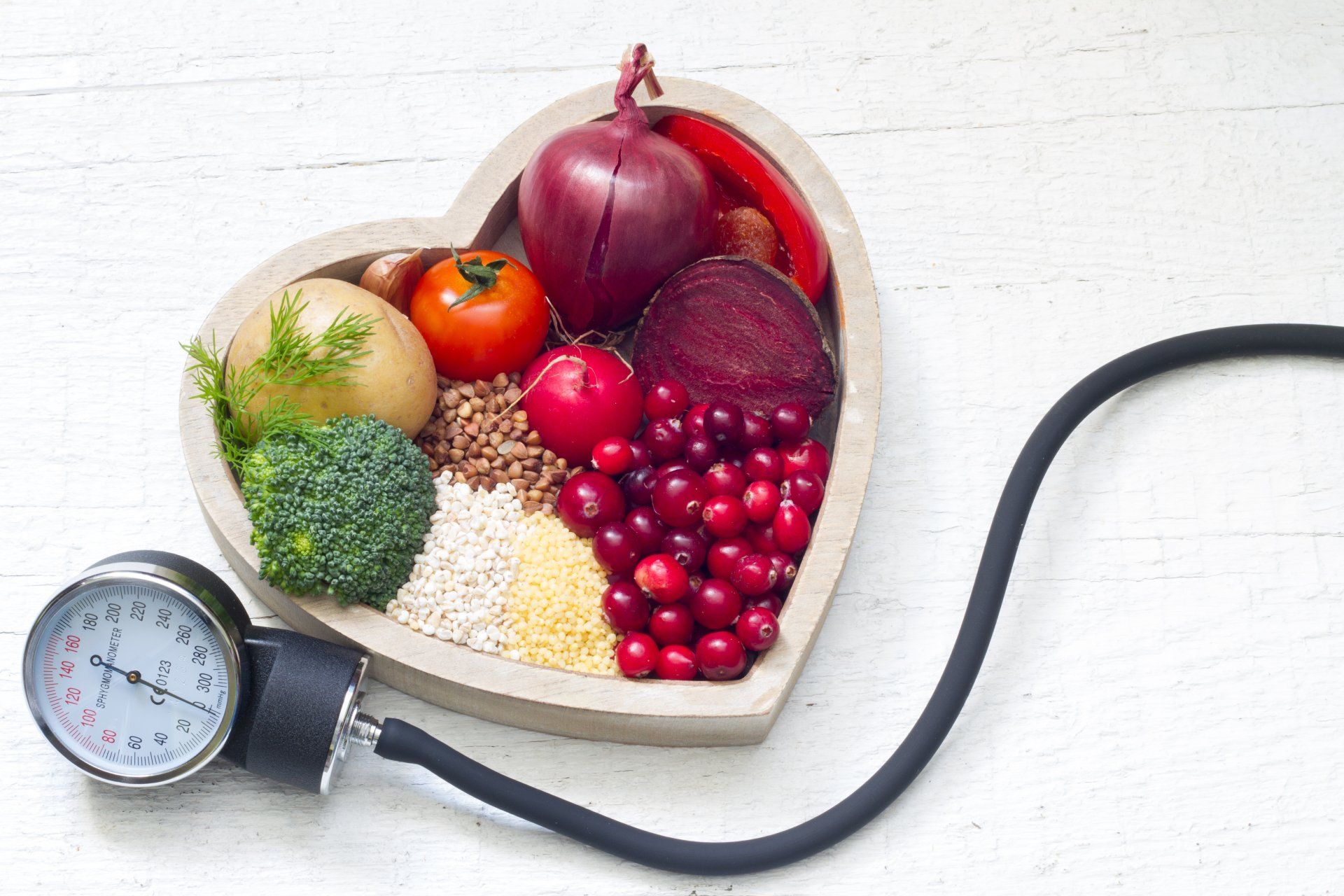Hello AFM family,
Science is always learning new things. I know this may lead to frustration with different recommendations throughout this pandemic, but the alternative is that we don’t learn and we can never overcome and get back to normal!
As SARS-CoV-2 evolves, the symptoms it causes in humans have changed too. Loss of smell (anosmia), for instance, was once one of the telltale indicators of COVID-19, but is now only the 9th most commonly reported symptom in those who have an infection (and are unvaccinated).
There are differences too in how people who have yet to receive one or two doses of vaccines experience the disease, according to research by the ZOE COVID-19 symptom study (https://covid.joinzoe.com/us-2) in the UK. Though there are similarities in the symptoms between those who have had doses of vaccines and those who haven't, there are significant differences, which may help you determine if you need to get tested.
SYMPTOMS OF COVID-19 IN PEOPLE WHO ARE UNVACCINATED
1) Headache
2) Sore Throat
3) Runny Nose
4) Fever
5) Persistent cough
SYMPTOMS OF COVID-19 IN PEOPLE WHO HAVE HAD ONE DOSE OF VACCINE
1) Headache
2) Runny Nose
3) Sore Throat
4) Sneezing
5) Persistent cough
SYMPTOMS OF COVID-19 IN PEOPLE WHO HAVE HAD TWO DOSES OF VACCINE
1) Headache
2) Runny nose
3) Sneezing
4) Sore throat
5) Loss of smell
For those who caught COVID-19 after receiving both doses of their vaccine, symptoms were reported to last a shorter period of time, which suggested that they were falling less seriously ill with the virus.
Though the symptoms have changed slightly in those who are vaccinated, the advice remains the same.
"If you’ve been vaccinated and start sneezing a lot without an explanation, you should get a COVID test, especially if you are living or working around people who are at greater risk from the disease.
Take Care,
Dr. Powell


